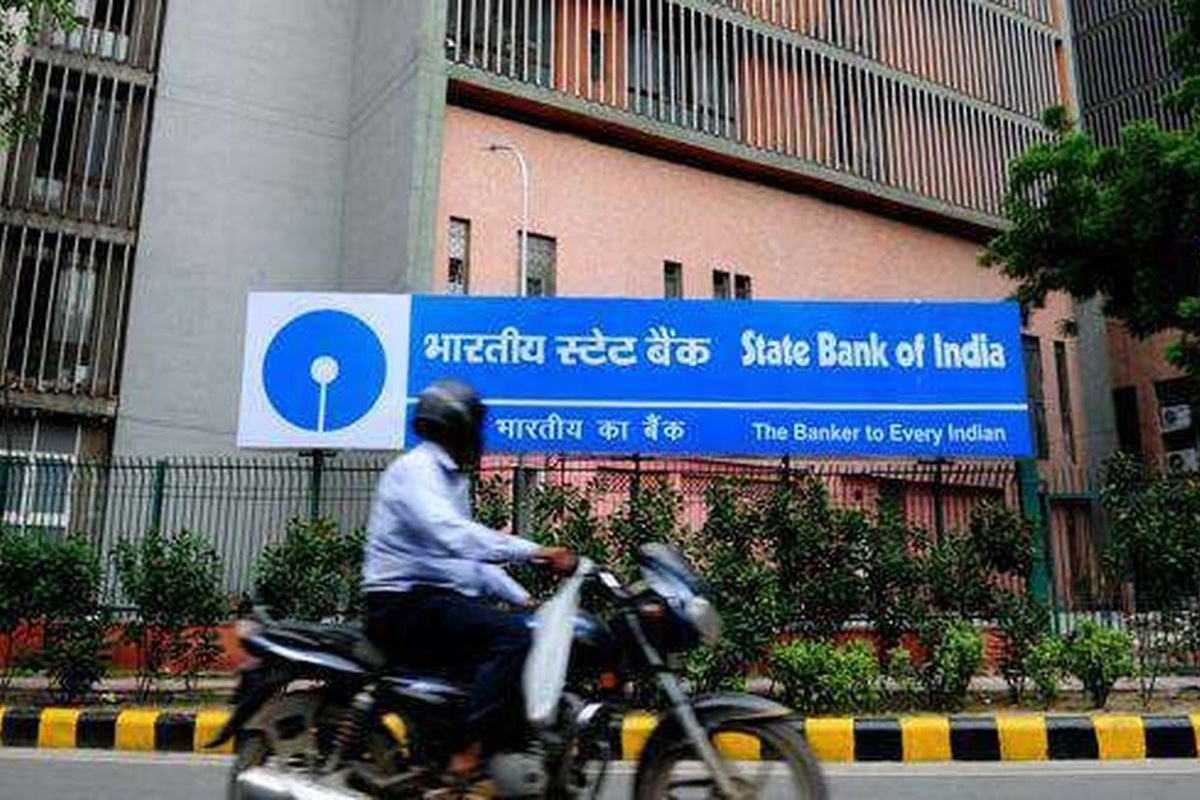The State Bank of India on Monday moved the Supreme Court, seeking extension of time till June 30, 2024 to disclose the details of electoral bonds purchased, their purchasers, encashed by political parties including the date of encashment and the denomination of the electoral bonds.
Stating that the timeline of three weeks fixed by the top court in its February 15, 2024, judgement would not be sufficient for the entire exercise to be completed, the State Bank of India in its application filed today sought the extension of time till June 30, 2024, to comply with the directions.
Advertisement
The Supreme Court on February 15, 2024, while declaring the 2017 electoral bond being “violative of Article 19(1)(a) and unconstitutional” had directed the State Bank of India to submit to the Election Commission of India all the details of the Electoral Bonds purchased since April 12, 2019, within three weeks – by 6 March 2024.
In turn, the top court had directed the Election Commission of India to publish the information on its official website within one week of the receipt of the information from the SBI by March 13, 2024.
The State Bank of India was asked to give details of the election bonds that would include “the date of purchase of each Electoral Bond, the name of the purchaser of the bond and the denomination of the Electoral Bond purchased” and the details of each Electoral Bond encashed by political parties which shall include “the date of encashment and the denomination of the Electoral Bond.”
Having directed the SBI to furnish to the ECI the details of the Electoral bonds as directed, the constitution bench had ordered that the directed information must reach poll panel within three weeks – by 06 March 2024 and the ECI shall publish the information on its official website within one week of the receipt of the information by March 13, 2024.
The deadline fixed by the top court is March 6. If it is extended to June 30, it will mean nothing will be known until the Lok Sabha poll results are out, thus protecting the ruling BJP that topped in terms of the bonds received.
Seeking extension of time, the State Bank of India in its application has said that no centralised data of the electoral bond was maintained and it was kept in two silos, and the “…the retrieval of information from each silo and the procedure of matching the information of one silo to that of the other would be a time-consuming exercise. The details are stored separately, some of the details such as number of Bonds, etc. are stored digitally while the other set of details such as name of purchaser, KYC etc., are stored physically. The purpose of not storing all details digitally was to ensure that it cannot be gathered easily to achieve the object of the scheme.”
In a landmark judgment that came as a jolt to the ruling establishment, the Supreme Court on February 15, 2024, struck down the Electoral Bond (EB) scheme – for the funding of the political parties – and had ruled that the scheme and the amendments to the Representation of People Act, the Income Tax Act, the Companies Act and 2017 Finance Act to facilitate the scheme were unconstitutional and arbitrary.
Striking down the Electoral bond (EB) scheme which gave anonymity to corporate buying EBs and the political parties receiving them, and holding that it was violative of Article 19(1)(a) of the Constitution, a five-judge constitution bench had ruled “The Electoral Bond Scheme, the provision to Section 29C (1) of the Representation of the People Act 1951 (as amended by Section 137 of Finance Act 2017), Section 182(3) of the Companies Act (as amended by Section 154 of the Finance Act 2017), and Section 13A(b) (as amended by Section 11 of Finance Act 2017) are violative of Article 19(1)(a) and unconstitutional.”
The top court had further held that the “deletion of the provision to Section 182(1) of the Companies Act permitting unlimited corporate contributions to political parties is arbitrary and violative of Article 14.”











